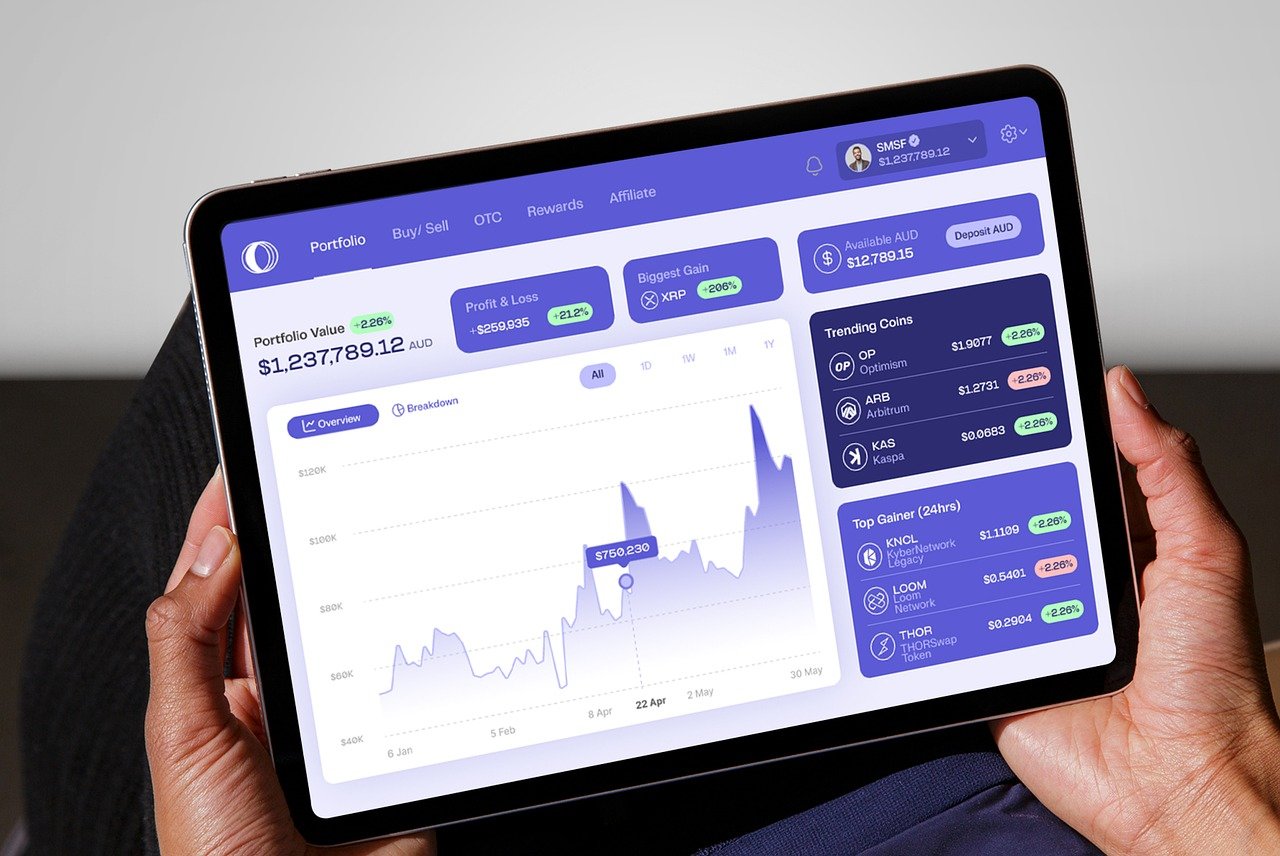Blockchain technology is rapidly transforming the landscape of supply chain management, offering unprecedented levels of transparency, traceability, and efficiency. As organizations seek to optimize their operations and meet growing demands for accountability, blockchain emerges as a powerful solution to longstanding challenges in the supply chain industry. This revolutionary technology is poised to redefine how goods and information flow across global networks, promising a future of smarter, more secure, and highly efficient supply chains.
Understanding Blockchain Technology in Supply Chains
At its core, blockchain is a decentralized digital ledger that records transactions across a network of computers. In the context of supply chain management, this technology provides a tamper-proof and transparent system for tracking the movement of goods, information, and finances from origin to destination.
Key Components of Blockchain in Supply Chains
- Decentralized Ledger: A distributed database that records all transactions across the network
- Smart Contracts: Self-executing contracts with the terms of the agreement directly written into code
- Consensus Mechanisms: Protocols that ensure all participants agree on the validity of transactions
- Cryptographic Security: Advanced encryption techniques that secure data and transactions
- Immutability: Once recorded, data cannot be altered without consensus from the network
Benefits of Blockchain in Supply Chain Management
Blockchain addresses many of the pain points in traditional supply chain operations, offering solutions that enhance overall efficiency and reliability.
Enhanced Traceability and Transparency
Blockchain provides real-time tracking of products throughout their journey, offering unparalleled visibility into supply chain operations.
|
Traditional Traceability |
Blockchain-Enabled Traceability |
|---|---|
|
Manual record-keeping |
Automated, real-time updates |
|
Siloed information |
Shared, accessible data |
|
Limited visibility |
End-to-end transparency |
|
Prone to errors |
Accurate, tamper-proof records |
Improved Security and Fraud Prevention
The immutable nature of blockchain records significantly reduces the risk of fraud and ensures the authenticity of products. This is particularly crucial in industries such as:
- Pharmaceuticals: Preventing counterfeit drugs
- Luxury goods: Authenticating high-value items
- Electronics: Tracking genuine components
Streamlined Operations and Reduced Costs
Blockchain automates many processes through smart contracts, leading to:
- Reduced paperwork and administrative overhead
- Faster transaction processing and settlements
- Improved inventory management
- Enhanced compliance and auditing capabilities
- Decreased risk of errors and disputes
Real-World Applications of Blockchain in Supply Chains

Food and Beverage Industry
Walmart has implemented blockchain to track the journey of food products, significantly improving food safety and quality control. This system allows Walmart to trace the origin of produce in seconds, a process that previously took days.
Healthcare and Pharmaceuticals
MediLedger, a blockchain network for the pharmaceutical industry, ensures the integrity of the drug supply chain. It helps verify the authenticity of returned drugs and manages chargebacks more efficiently, reducing the risk of counterfeit medications entering the supply chain.
Automotive and Manufacturing
BMW uses blockchain technology to trace the origin of components used in its vehicles. This system enhances transparency in the supply chain, ensuring ethical sourcing of materials and improving the efficiency of recall processes when necessary.
Challenges and Considerations in Implementing Blockchain
Scalability and Integration Issues
As blockchain networks grow, handling large volumes of transactions can become challenging. Strategies to address this include:
- Implementing hybrid blockchain models
- Developing more efficient consensus mechanisms
- Utilizing off-chain scaling solutions
Regulatory and Compliance Challenges
|
Region |
Regulatory Approach |
|---|---|
|
European Union |
Supportive, with focus on data protection |
|
United States |
Varied by state, generally cautious |
|
China |
Government-backed initiatives |
|
Singapore |
Encouraging adoption with regulatory sandboxes |
Adoption and Industry Collaboration
Industry-wide collaboration is crucial for standardizing blockchain protocols in supply chains. Initiatives like the Blockchain in Transport Alliance (BiTA) are working towards creating common standards for blockchain use in transportation and logistics.
Future of Blockchain in Supply Chain Management

Integration with Emerging Technologies
The convergence of blockchain with IoT, AI, and big data promises to create more intelligent and responsive supply chains. Potential benefits include:
- Predictive analytics for demand forecasting
- Real-time decision-making based on IoT sensor data
- Automated quality control and compliance checks
- Enhanced risk management through AI-powered insights
Expanding Beyond Early Adopters
As blockchain technology matures, we can expect to see broader adoption across various industries. Sectors likely to see rapid growth in blockchain adoption include:
- Agriculture and food production
- Retail and e-commerce
- Energy and utilities
- Aerospace and defense
Conclusion
Blockchain technology is undeniably revolutionizing supply chain management, offering solutions to longstanding challenges in transparency, traceability, and efficiency. As organizations continue to recognize the transformative potential of blockchain, we can anticipate a future where global supply chains are more interconnected, secure, and responsive than ever before. The journey towards fully blockchain-integrated supply chains may be complex, but the potential rewards in terms of operational excellence and customer trust are immense. As this technology continues to evolve and mature, it will play an increasingly crucial role in shaping the future of global trade and commerce.
